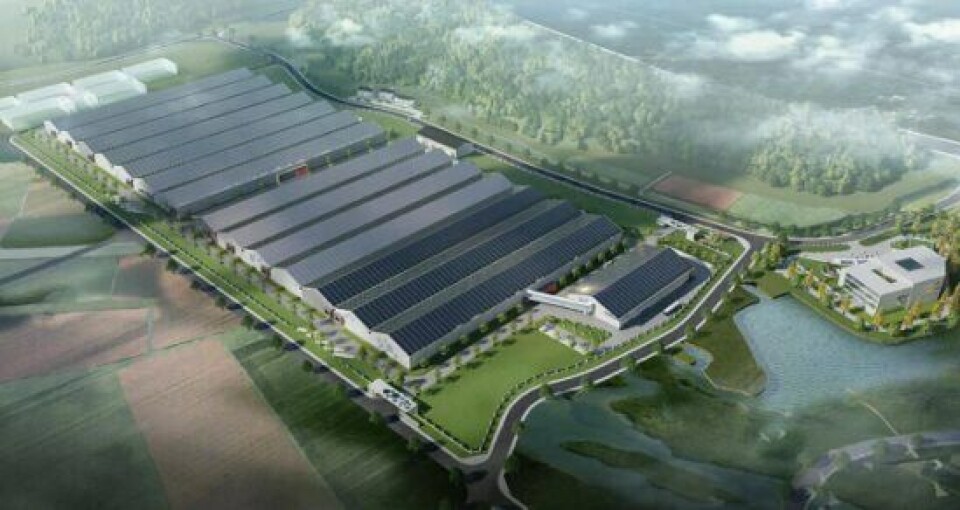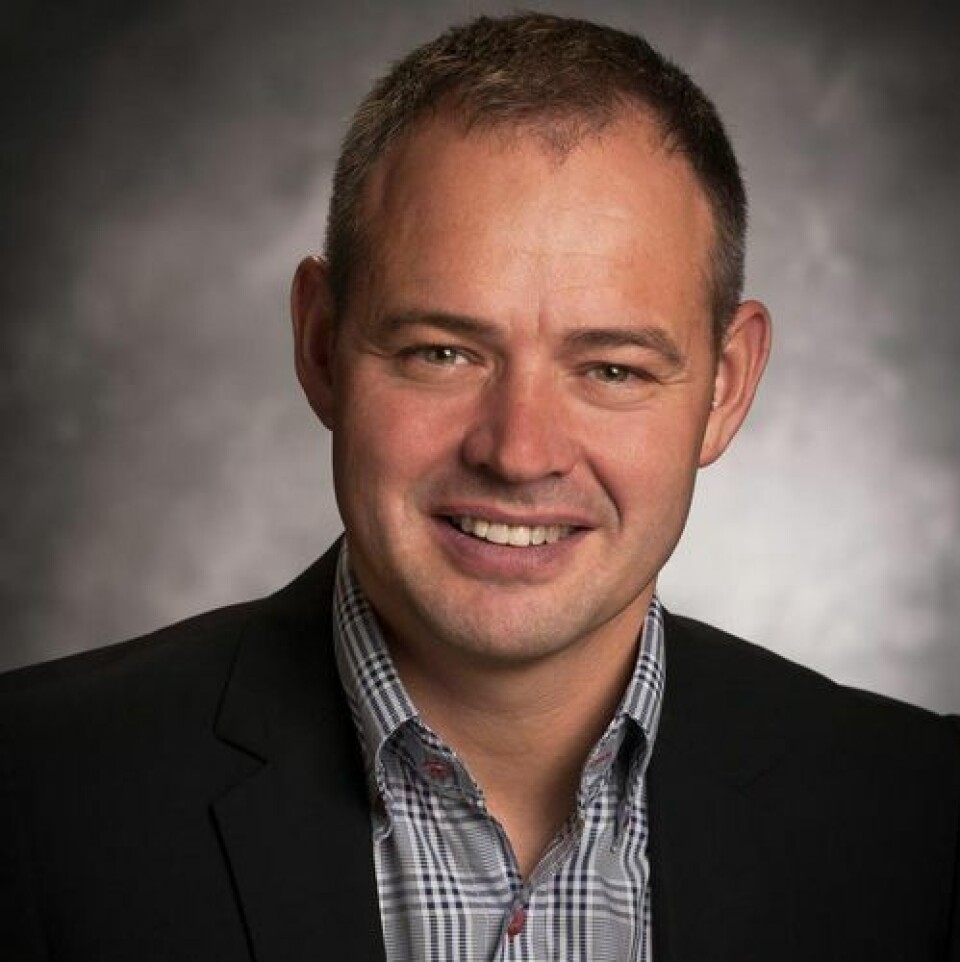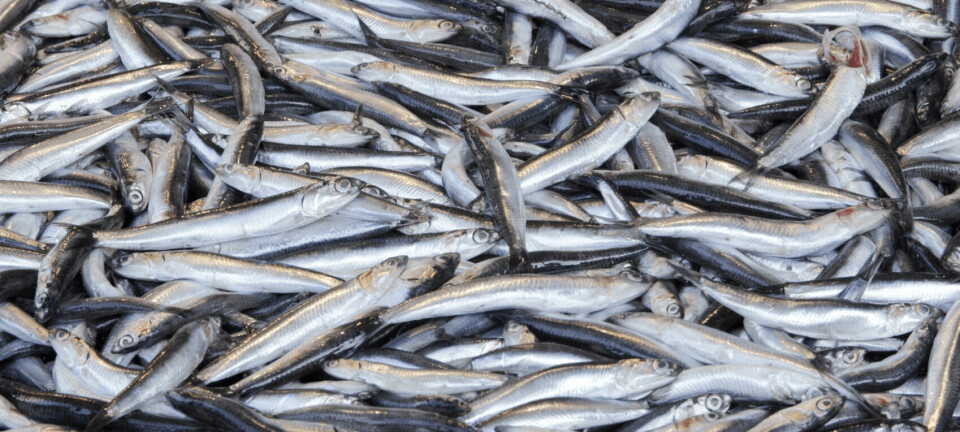
Benchmark to supply eggs to NAP salmon farm in China
Nordic Aqua Partners (NAP), which is building an on-land salmon farm in Ningbo, China has signed a five-year contract with Benchmark Genetics for the supply of 9.5 million ova.
The first eggs will be delivered from Benchmark’s StofnFiskur operation in Iceland in the fourth quarter of 2021, as soon as NAP’s hatchery facilities are up and running, Benchmark said in a press release.
Geir Olav Melingen, Benchmark Genetics commercial director, said: “We aim to be the leading supplier of genetics to land-based farming, wherever located around the globe.
“We have already supplied eggs to China since 2002 and have established a logistic system that so far has worked successfully, even during the challenging times of Covid-19.”

Security of supply
NAP board chairman Ragnar Joensen said: “Benchmark Genetics has a proven record of their ability to supply live eggs all year round to destinations worldwide, and security of supply is of key importance to optimise the production planning at our facility.”
Last month Denmark-based NAP raised €55.1 million (£49.4m) through a successful private placement of 7.2 million new shares on the Norwegian stock market. This led to Norway-based aquaculture supplier AKVA group being awarded a €50m (£44.67m) contract from Nordic Aqua Ningbo Co, Ltd to deliver the first phase of the project, which has a capacity of 4,000 tonnes.
NAP plans to quickly expand production in its recirculating aquaculture system (RAS) facility to 8,000 tonnes, then 16,000 tonnes and potentially to 40,000 tonnes long term.
“We will double the capacity (to 8,000 tonnes) without raising new money. It will be financed with partial loans and partial profit from the first 4,000 tonnes of production,” Joensen told Fish Farming Expert’s Norwegian sister site, Kyst.no.




















































